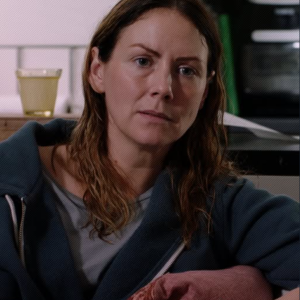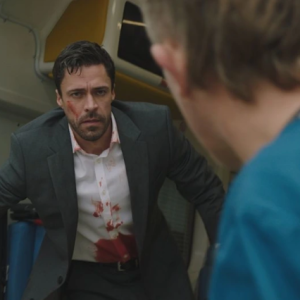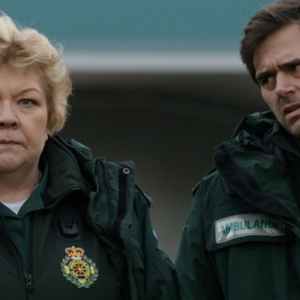Casualty, the BBC’s longest-running medical drama, is once again at the center of major speculation about its future, with industry insiders hinting at a dramatic format shake-up that could redefine how audiences experience the show. Having first aired in 1986, Casualty has survived countless television trends, remained a primetime Saturday staple, and weathered the brutal cancellations of both Holby City in 2022 and Doctors in 2024. Yet, as the series approaches its 40th anniversary in 2026, questions are swirling around whether the show in its current weekly format is sustainable in an era of rising costs, shifting viewer habits, and the BBC’s ongoing strategy to attract younger audiences. Even though the Christmas Day special on December 21 was a surprise hit — breaking from its usual festive hiatus — many see it as a test case, a trial balloon for the show’s future direction.
Brand and culture expert Rochelle White from the Rochelle White Agency shed light on the potential changes. Speaking about Casualty’s unexpected return for a Christmas episode, she suggested this may have been less a gift for fans and more of an experiment by the BBC. “I feel that this could be a way for the BBC to see if it is a show worth keeping and investing in,” White explained. “I’m aware that they have taken breaks in the past due to increasing costs. However, this could be a test to see how popular it is.” Her comments underscore the financial pressures the network faces, as producing a weekly hospital drama with its expansive cast, intensive sets, and demanding realism grows ever more costly. This raises the prospect of the BBC opting for a radical shift — replacing the regular Saturday slot with fewer, bigger, and bolder instalments designed to make a bigger cultural impact.
The model being discussed borrows inspiration from shows like ITV’s Midsomer Murders, which airs less frequently but delivers longer, event-style episodes. White argued that Casualty could adopt a similar approach, transforming into a collection of hour-and-a-half specials that air once or twice a month. These feature-length episodes could be themed, tightly written, and aimed at binge-watchers — a demographic the BBC is keen to court in the age of streaming. “As they currently break it up into a mini series, they could get really creative with the storytelling and create episodes for what is now known as the ‘Binge watcher,’” White continued. “It could help with the costs of production, secure longevity and attract younger viewers.” Such a move would fundamentally change the rhythm of Casualty, moving away from weekly cliffhangers toward more cinematic, immersive storytelling arcs.
Of course, the fate of Casualty cannot be discussed without considering the ghosts of its spin-offs and sister shows. Holby City, launched in 1999 as a direct spin-off, thrived for 23 years before the BBC axed it in 2022, citing a need to reflect programming priorities and save costs. Meanwhile, Doctors, another stalwart of BBC daytime drama, ended only last month after 27 years, devastating its loyal fanbase. Both decisions prove that even long-running institutions are not immune from the axe. Casualty has long stood as the flagship of BBC medical storytelling, but survival now depends on reinvention. The network has already shown a willingness to experiment by structuring the drama into shorter boxsets across the year, such as the upcoming 11-part series Off Duty — launching December 28 — which will see Jodie Whyte’s (Anna Lucy Chell) reckless actions cause devastating ripple effects for Stevie Nash (Elinor Lawless).
What emerges is a drama at a crossroads: Casualty must balance its legacy with innovation, keeping its loyal audience while evolving for a new generation raised on streaming services and bingeable storytelling. There is no denying the show’s cultural footprint — millions of viewers have grown up with Holby’s wards, its familiar faces, and its heartbreaking storylines. Yet, just like the patients at its fictional hospital, Casualty must adapt to survive. Will the series embrace the event-television model of fewer, longer specials? Will it continue with shorter seasonal arcs, designed for iPlayer consumption as much as primetime? Or will the BBC eventually wield its axe here too, as it did with Holby City and Doctors? For now, fans can take





